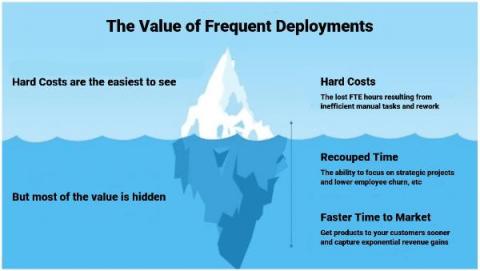How DevOps is shaping Financial Services #2: The challenges in insurance
In this series of blog posts, we speak with database professionals from Financial Services organizations around the world to better understand how DevOps is shaping the sector. On the way, we dig into key current factors including the rise of technology upstarts in fintech and insurtech, the speed of digital transformation and the ever-increasing threat of cyberattacks.









